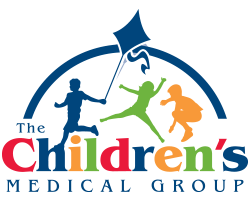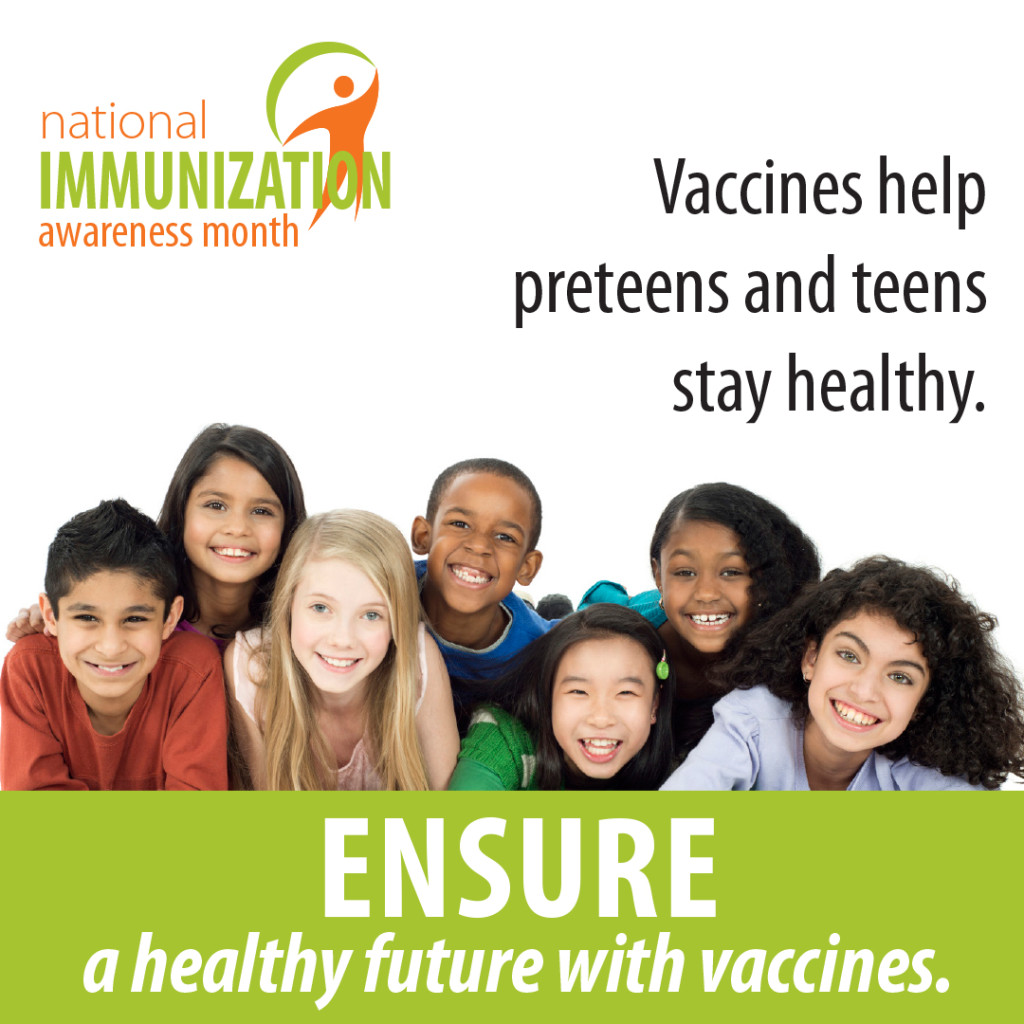National Immunization Awareness Month is a reminder that we all need vaccines throughout our lives.
HPV vaccination is recommended for preteen girls and boys at age 11 to 12.
If your son or daughter hasn’t started or finished the HPV vaccine series yet, it’s not too late! Now is a good time to ask their doctor or nurse about vaccines for your preteens and teens.
HPV is short for human papillomavirus. In the U.S. each year, there are about 17,600 women and 9,300 men affected by HPV cancers. In both women and men, HPV can cause anal cancer and mouth/throat (oropharyngeal) cancer. It can also cause cancers of the cervix, vulva and vagina in women, and cancer of the penis in men. Most of the HPV infections that cause these cancers could be prevented with vaccination.
The HPV vaccine has a very good safety record. Nearly 90 million doses have been distributed in the US since the vaccine was introduced, and no serious safety concerns have been linked to HPV vaccination. Possible side effects after HPV vaccination are generally mild and go away quickly, such as pain, redness, or swelling in the arm where the shot was given.
Jacquelyn, a real-life mother of two and cervical cancer survivor, shares her story:
When I got a Pap test after my son was born, I found out I had cancer and needed a total hysterectomy.
My husband and I have been together for 15 years, and we were planning to have more children. We are so grateful for our two wonderful children, but we were hoping for more – which is not going to happen now. Although they caught the cancer early, I still have medical issues, taking time away from my family, my friends and my job. Worse, every time the doctor calls, I hold my breath until I get the results. Cancer is always in the back of my mind.
I will protect my son and daughter by getting them both the HPV vaccine as soon as they turn 11. I tell everyone to get the HPV vaccine series to protect them from cancer.


